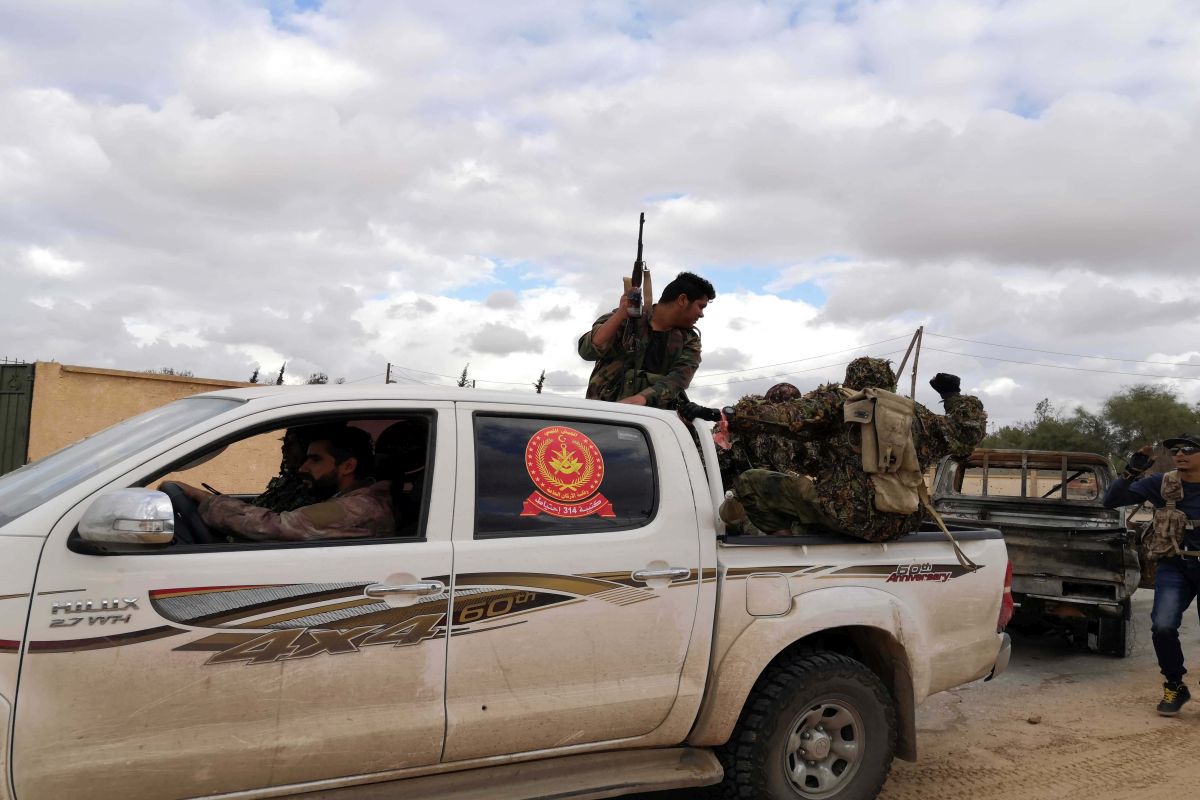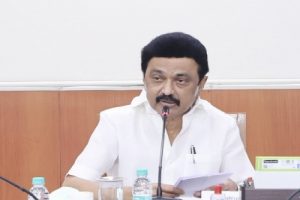Russia and Turkey on Tuesday announced that it would continue efforts to end hostilities in Libya despite strongman Khalifa Haftar leaving the peace talks in Moscow without signing a permanent ceasefire deal.
The head of the UN-supported Government of National Accord (GNA), Fayez al-Sarraj, signed a draft ceasefire agreement, while Khalifa Haftar – commander of the eastern-based Libyan National Army (LNA) – requested more time to consider it.
Advertisement
Russian Foreign Minister Sergey Lavrov,”We will continue our efforts to that end, for now, no definitive results have been agreed on”.
Moscow and Ankara back different sides in the Libyan conflict – as they also do in Syria – and slated the peace talks after declaring a ceasefire.
“Every effort from the Europeans now, including the Germans, the French, the Italians, as well as those of Libya’s neighboUrs like Algeria, and Egypt, as well as the United Arab Emirates, Turkey, Qatar and Russia, should be united and they should stop resolving their differences through the use of force,” Lavrov said.
Al-Sarraj’s Tripoli-based government receives the economic and political backing of the European Union and military support from Turkey, Qatar and Italy while Hafter is backed by Saudi Arabia, Egypt, the UAE and Russia.
More than 280 civilians and about 2,000 fighters have been killed and 146,000 Libyans displaced since Haftar launched his assault to seize the capital Tripoli, according to the United Nations.
Turkey was working to ensure the truce became permanent, President Recep Tayyip Erdogan said.
Earlier in the month, Russian President Vladimir Putin and his Turkish counterpart Recep Tayyip Erdogan urged to establish a ceasefire in Libya.
The Libya agreement underscores the rising clout of Putin in the region as well as his increasingly strong relationship with Mr Erdogan, despite Turkey’s membership of Nato and the two countries’ support for opposing sides in the Syrian civil war.
Earlier, Erdogan said Turkey was “gradually” sending troops to the North African country under a deal inked with the GNA, a move which stirred opposition from some of its regional neighbours.
Last year, in October, Putin spoke to his Turkish counterpart Erdogan over the phone and invited the Turkish leader to visit Russia soon “for a working visit in the coming days”.
Turkey launched a cross-border assault on Kurdish fighters after the US decided to withdraw troops from Syria, a move that was criticised by the Republicans, with some terming it a “betrayal” of the Kurds.
The Syrian army entered the city of Tabqa in the northern countryside of Raqqa province, as part of its move to enter Kurdish-held areas to counter the ongoing Turkish assault in the region.
More than 50 people, including civilians, have been killed last week as the Turkish offensive in Syria, which was launched by President Recep Tayyip Erdogan aimed at pushing the Kurdish forces away from its border.
(With inputs from agency)











